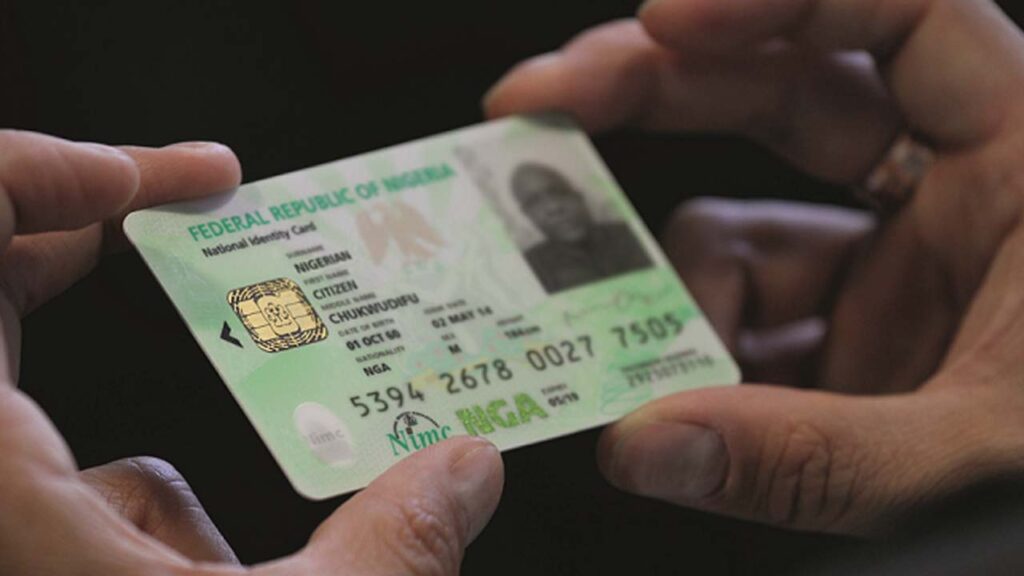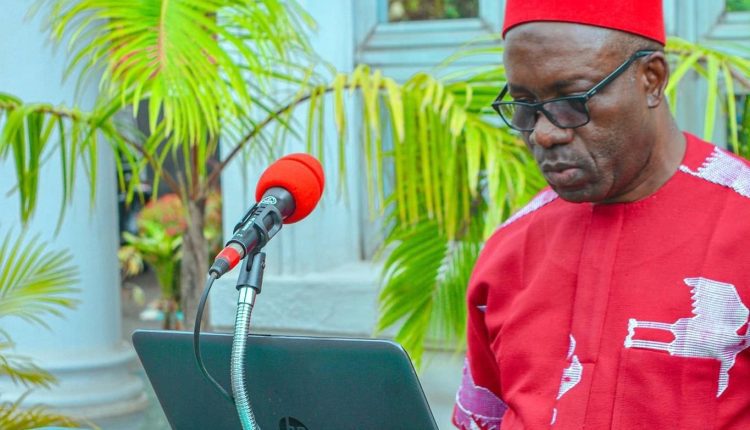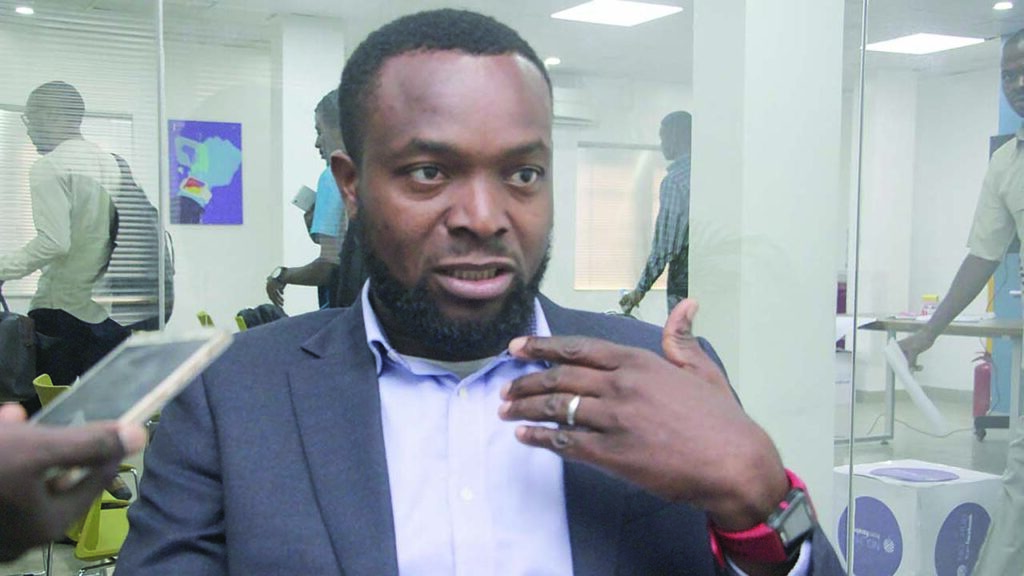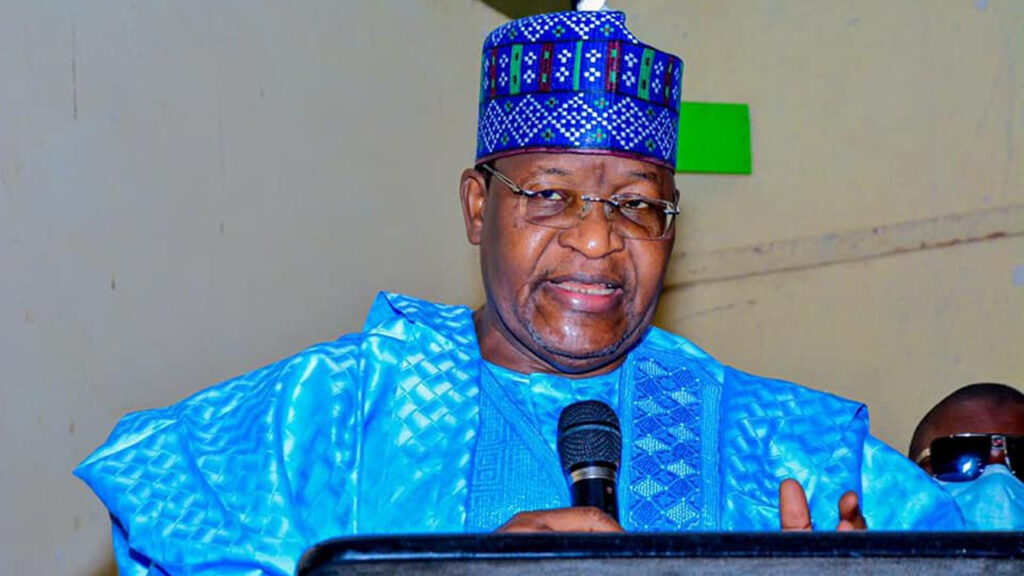
Dr Juliet Ehimuan, the visionary leader at Beyond Limits, a pan-African organisation, unpacked the goals and outcomes of the DICE 2.0 event with The Guardian. DICE, short for Digital Innovation and Creative Excellence, is a platform designed to foster collaboration between Africa’s tech, creative, and business sectors.
The event featured insightful discussions with key players like Tega Oghenejobo, COO at Mavin Records; Addy Awofisayo – Head of Music (SSA) at YouTube; and Kola Oyeneyin – CEO, Opportunik Global Fund, sharing their insights into the key trends shaping the development of the creative industry, the role of cross-ecosystem collaboration, and the importance of patient capital. There were also several useful tips on the monetization of creative content.
To begin with, could you share some insight into what DICE is and why it was created?
DICE, an acronym for Digital Innovation and Creative Excellence, is a strategic initiative by Beyond Limits designed to drive the growth of the tech, business, and creative ecosystem in Africa. It’s a dedicated gathering point where technology leaders, innovators, startups, creatives, and the larger business community from Nigeria and across Africa meet to deepen connections, exchange ideas, discover new concepts, and establish impactful partnerships. Our mission is to contribute to the advancement of the African digital economy by fostering knowledge-sharing and collaboration among stakeholders in the technology and creativity ecosystem.
The first edition of the DICE Mixer was held in November 2023; you also recently held the second edition, which was equally a resounding success. What factors have contributed to the success of both events?
The success of the inaugural edition in November 2023 and the second edition on April 26th can be attributed to two things – the first was ensuring that we had the right people in the room. The events had a carefully selected group of participants that represented the breadth and diversity of stakeholders, from startups, investors, policymakers, the diplomatic community, technology providers, platform providers, emerging technology unicorns, and creatives, to large and established businesses. DICE has a unique convening power – and this is reflected in the range of people we are able to pull into our events. The second factor is the richness of content. We always make sure to have diverse and valuable content, including panel discussions, fireside chats, and networking sessions. It helps that we are able to attract the best minds in the ecosystem to our events.
We also had our global partners in attendance, including Consul Generals and delegations from the US consulate, the consulate of Switzerland, the Austrian consulate, the German Consulate, the Indian Consulate, the Consulate of Sweden, and the Netherlands Consulate. These countries have business and investor networks that have a keen interest in engaging with the African digital economy sector.
The theme for DICE 2.0 revolved around unlocking the revenue potential of Africa’s creative economy. Why focus on the creative economy?
Creativity has taken center stage on the global radar. The creative economy is not only one of the most rapidly growing sectors of the world economy, but it is also a highly transformative sector in terms of income generation, job creation, and export earnings.
We’re seeing this growth take shape on our continent as well. Africa has a burgeoning creative industry that presents immense growth potential, driven by a growing youth population, increasing urbanisation, and a rising middle class with changing consumption patterns. In the past decade, we’ve seen impressive collaborations with African creatives, received recognition on global award stages, and produced thought-provoking work across the different expressions of the creative economy. However, all this growth is still scratching the surface; there’s a lot of potential to be harnessed if we can recognise the opportunities as well as address the gaps.
DICE 2.0 aimed to provide insights into converting opportunities into revenue and leveraging technology for growth. Could you give us a glimpse into some of the discussions at the event that addressed this?
The conversations at DICE 2.0 included panel discussions featuring some of the creative ecosystem’s most active production companies, platform providers, and Investors, a fireside chat, and expert short talks. Each of these conversations featured key players and enablers within Africa’s creative industry.
For the fireside chat, I spoke with H.M. Hannatu Musa Musawa to discuss the role of policy in driving the growth of the industry. She talked about a number of exciting projects that the ministry is working on, including an Endowment Fund, a Visa program for creatives, and the Abuja Creative City, which will be a convergence point for creatives and creative projects.
The panel discussion featured Tega Oghenejobo, COO at Mavin Records; Addy Awofisayo – Head of Music (SSA) at YouTube; and Kola Oyeneyin, CEO of Opportunik Global Fund. They shared their insights into the key trends shaping the development of the creative industry, the role of cross-ecosystem collaboration, and the importance of patient capital. There were also several useful tips on the monetization of creative content.
We also had some inspiring short talks led by Tomiwa Aladekomo — a thought leader known for playing at the intersection of creativity and technology— and Winifred Nwania (popularly known as Zeelicious), who shared best practices and tips on how creators can hone their skills and successfully monetize amidst today’s economic realities. Last but certainly not least, the Chairman of the Channels Media Group, Dr John Momoh, gave some insightful remarks to close the event, emphasising the need for adequate infrastructure and education that will nurture the next generation of creative talent.
Each speaker brought a wealth of knowledge, experience, and insights to the event, enriching the experience for all attendees. They are at the forefront of identifying emerging trends, disruptive technologies, and market shifts that are reshaping Africa’s creative industry. They include successful entrepreneurs who have built and scaled innovative ventures from the ground up, operators who have been integral to deepening the presence of global platforms on the continent, investors who through funding, drive the growth of the industry, and influential policymakers who shape the regulatory landscape and impact industry practices.
Africa’s creative economy has been gaining significant traction in recent years. What do you see as the driving forces behind this growth, and how can events like DICE 2.0 contribute to sustaining this momentum?
I believe this traction can be attributed to several driving forces. One is the increasing access to smartphones and the internet, making it easier for Africans to record and share content with a global audience. Also, there has been a lot more demand for African content in recent years compared to what was obtainable a decade ago. This has fueled the globalisation of African content.
Additionally, there has been a growing recognition of the economic potential of the creative industries by governments, investors, and stakeholders, leading to increased investment and support for the sector. Just last year, The Blackbook, a film by Editi Effiong which was a hit and rose to become the top movie on Netflix for a period last year, saw massive support and investment from African venture capitalists like Opportunik Global Fund, validating the growing interest in the industry. Furthermore, Africa has a rich cultural heritage and diversity, which serves as a rich source of inspiration for creatives and provides a unique selling point in the global marketplace.
The digital revolution has transformed the way content is created, distributed, and consumed. How do you envision technology continuing to shape Africa’s creative economy, and what opportunities does it present for creators and entrepreneurs?
Technology has undoubtedly changed how content is created, distributed, and consumed, and the African creative industry is not left out. We see the impact of several enabling platforms today, such as homegrown and foreign video and music streaming platforms (Netflix, Prime Video, Spotify, and the like). We see how platforms like TikTok and other social media have democratised the creation and sharing of content, making it easy for anyone to build an audience online.
All of this is impressive, and we can continue to capitalise on these advancements to further drive our creative industries. As technology continues to evolve, it will provide increasing opportunities for elevating the game for creators and entrepreneurs, particularly in democratising access and reach, enabling monetization, and easing data-dependent content creation.
Looking ahead, what do you envision as the future of Africa’s creative economy, and how can stakeholders work together to achieve it?
I envision a future where Africa’s creative economy is thriving and a key catalyst for economic growth and social development across the continent. In this future, Africa’s rich heritage and diversity will be used as inspiration and fuel for innovation in all fields. Digital tools will keep being important, helping creators and creative entrepreneurs reach new audiences and monetize effectively.
To realise this vision, stakeholders across the public and private sectors must collaborate and take concerted action to support its sustainable growth.
Finally, looking ahead, how does Beyond Limits aim to support the next generation of tech leaders in Africa through its initiatives, including events like DICE 2.0?
We have a number of initiatives in the works geared towards supporting the current and future generation of African tech leaders. This includes global immersion trips, which are customised trips to overseas locations that enable leaders in government and business to observe and immerse themselves in thriving ecosystems and world-class technology hubs.
We’re also developing the next generation of tech leaders through fellowships and leadership development programmes for emerging founders, which serve as a platform for them to be mentored by established business leaders.











